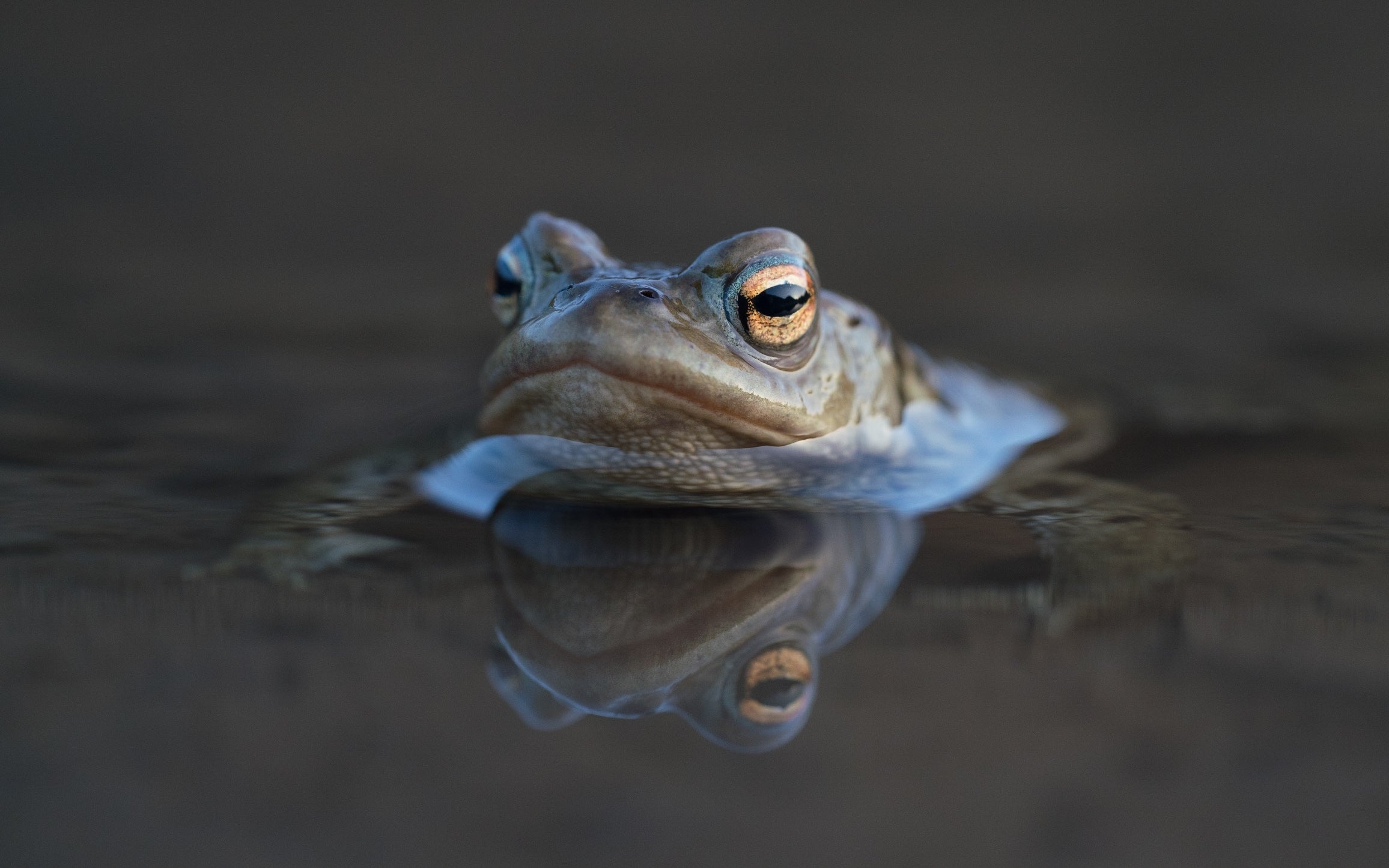Government considering compulsory nature studies lessons for all pupils after David Attenborough backs plan
Review suggests that if we care about the world, we should ‘all in part be naturalists’

Your support helps us to tell the story
From reproductive rights to climate change to Big Tech, The Independent is on the ground when the story is developing. Whether it's investigating the financials of Elon Musk's pro-Trump PAC or producing our latest documentary, 'The A Word', which shines a light on the American women fighting for reproductive rights, we know how important it is to parse out the facts from the messaging.
At such a critical moment in US history, we need reporters on the ground. Your donation allows us to keep sending journalists to speak to both sides of the story.
The Independent is trusted by Americans across the entire political spectrum. And unlike many other quality news outlets, we choose not to lock Americans out of our reporting and analysis with paywalls. We believe quality journalism should be available to everyone, paid for by those who can afford it.
Your support makes all the difference.The government is considering introducing compulsory nature studies lessons for all pupils as part of a David Attenborough-backed plan to protect the natural world.
The Independent understands that the Department for Education (DfE) is actively looking at whether pupils could be made to take lessons focusing on biodiversity and ecology, after the step was recommended by a landmark government review published last month.
Introducing such lessons at all levels of education from primary upwards was a key recommendation of the Dasgupta review, which was launched by the government to come up with ways to change “how we think, act and measure economic success” while protecting nature.
The review’s recommendations were wholeheartedly endorsed by Britain’s leading naturalist Sir David, who described them as “a map for navigating a path towards the restoration of our planet’s biodiversity” and “the compass that we urgently need” to “save the natural world at what may be the last minute”.
The review, authored by eminent Cambridge economist Professor Sir Partha Dasgupta, said the education system “should introduce nature studies from the earliest stages of our lives, and revisit them in the years we spend in secondary and tertiary education”.
It adds: “Every child in every country is owed the teaching of natural history, to be introduced to the awe and wonder of the natural world, and to appreciate how it contributes to our lives”.
“If we care about our common future and the common future of our descendants, we should all in part be naturalists.”
The review says the study should be required at every level, even university, adding: “Even if we had studied nature in primary school, we may not have encountered the subject subsequently.
“In universities in the United States, it was common practice to require first-year students to complete a course on a broad-brush history of civilisation.
“There is every reason universities should require new students to attend a course on basic ecology. Field studies that would accompany such a course would be a way to connect students with nature, in particular those who may have grown up in an urban environment.”
The purpose of the lessons would be to help children and teenagers develop a “love of nature” and to have the information to act as “judge and jury for our own actions” on the environment.
Every child in every country is owed the teaching of natural history, to be introduced to the awe and wonder of the natural world, and to appreciate how it contributes to our lives
Schools minister Nick Gibb said in response to a parliamentary question on the matter that the government “will examine the review’s findings and respond formally in due course”.
He said ministers were “exploring the option of introducing a new GCSE in natural history after receiving a proposal from exam board OCR, but have made no commitment at this stage”.
Mr Gibb noted that an A-level qualification in environmental science had been introduced for the first time in 2017.
DfE officials said no firm decision had yet been made on whether ecology or natural history could be made compulsory, as recommended by the review.
Green MP Caroline Lucas, who has been pressing ministers for the change, told The Independent that the lessons were badly needed.
“It’s taken a long time and a lot of hard work by so many to get this far, but now it seems we’re getting closer to ecology and natural history having a much firmer place on the curriculum, as renewed appreciation of nature and green spaces grows,” she said.
“I’m incredibly excited by how it could really enrich children’s experience of education. This is a subject which will take them out of the classroom and into the natural environment – nothing could be more important when we are driving so many species to the verge of extinction. People protect what they love and what they know. The love of nature is already there. This GCSE would give them the knowledge.
“Ecology is a hole in the curriculum and yet, as Professor Dasgupta’s report made clear, it’s never been more important that our dependence on nature is better understood. We teach climate change in our schools because of its global importance. Nature is just as important and needs to be reflected in our education system.”



Join our commenting forum
Join thought-provoking conversations, follow other Independent readers and see their replies
0Comments